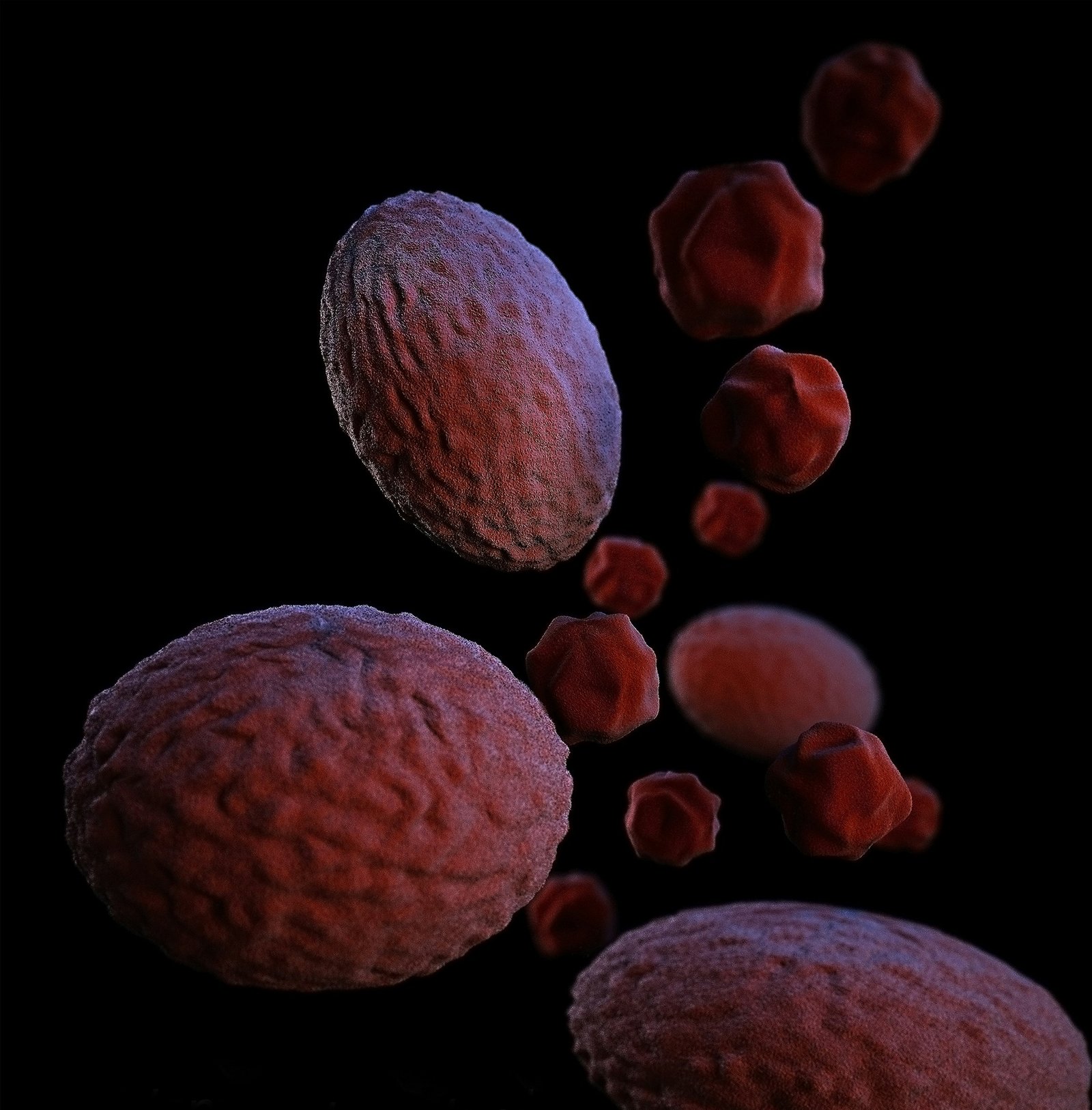Introduction
Fatty liver disease, also known as hepatic steatosis, is a condition characterized by the accumulation of fat in the liver. It can lead to inflammation, scarring, and liver damage if left untreated. While medical intervention is often necessary, there are also natural remedies that may help support liver health and reduce the progression of fatty liver disease. In this article, we will explore some of these natural remedies and discuss what works and what doesn’t.
1. Diet and Lifestyle Changes
One of the most effective ways to manage fatty liver disease is through diet and lifestyle modifications. A healthy diet that is low in saturated fats, refined sugars, and processed foods can help reduce the accumulation of fat in the liver. Instead, focus on consuming foods that are rich in antioxidants, such as fruits, vegetables, whole grains, and lean proteins.
In addition to a healthy diet, regular exercise can also play a crucial role in managing fatty liver disease. Physical activity helps burn excess fat and promotes weight loss, which can reduce the strain on the liver. Aim for at least 30 minutes of moderate-intensity exercise, such as brisk walking or cycling, most days of the week.
2. Milk Thistle
Milk thistle is a flowering herb that has been used for centuries to support liver health. It contains a compound called silymarin, which has antioxidant and anti-inflammatory properties. Studies have shown that milk thistle may help reduce liver inflammation and improve liver function in individuals with fatty liver disease. However, more research is needed to determine the optimal dosage and long-term effects.
3. Turmeric
Turmeric is a spice commonly used in Indian cuisine and is known for its anti-inflammatory properties. Curcumin, the active compound in turmeric, has been shown to have hepatoprotective effects and may help reduce liver inflammation. Incorporating turmeric into your diet or taking curcumin supplements may be beneficial for individuals with fatty liver disease. However, it is important to consult with a healthcare professional before starting any supplements.
4. Green Tea
Green tea is rich in antioxidants called catechins, which have been shown to have protective effects on the liver. Studies have found that green tea consumption may help reduce liver fat accumulation and improve liver enzyme levels in individuals with fatty liver disease. Adding a few cups of green tea to your daily routine may be a simple and natural way to support liver health.
5. Omega-3 Fatty Acids
Omega-3 fatty acids, found in fatty fish like salmon and sardines, have been shown to have anti-inflammatory effects and may help reduce liver fat. Incorporating these healthy fats into your diet can be beneficial for individuals with fatty liver disease. If you don’t consume fish, you can also consider taking omega-3 supplements after consulting with a healthcare professional.
6. Avoid Alcohol and Smoking
Alcohol consumption and smoking can worsen liver damage and should be avoided by individuals with fatty liver disease. Alcohol is known to increase liver fat accumulation and promote inflammation, while smoking can impair liver function and hinder the healing process. Quitting smoking and reducing or eliminating alcohol consumption can significantly improve liver health.
Conclusion
While natural remedies can support liver health and reduce the progression of fatty liver disease, it is important to remember that they should not replace medical treatment. It is crucial to consult with a healthcare professional before starting any natural remedies or supplements. By adopting a healthy lifestyle, incorporating these natural remedies, and working closely with your healthcare team, you can take control of your liver health and manage fatty liver disease effectively.




